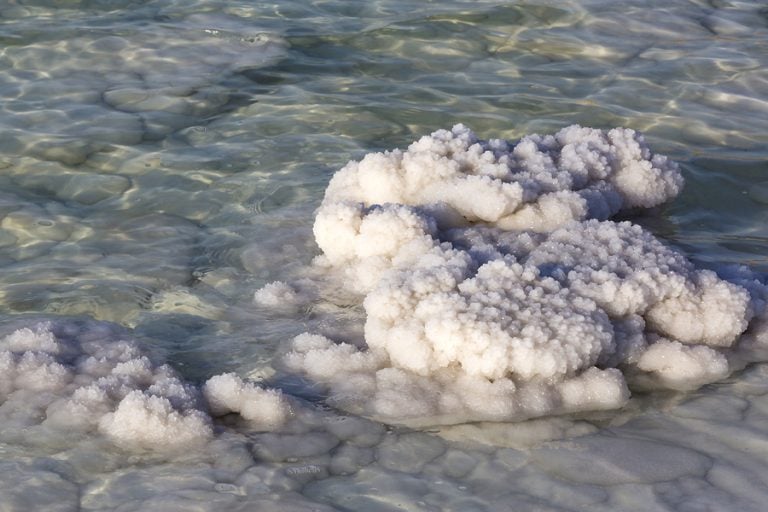How Coastal Living Near Saltwater Can Hurt Your Air Conditioner

Salt, or sodium chloride, may be essential to human life, but it’s not so great for your air conditioner. Saltwater from the ocean contains millions of sodium chloride particles, and it creates a filmy, dust-like coating on surfaces.
What saltwater does to your equipment
When we eat salt, we get thirsty. Salt in the air corrodes machinery in part by doing the same thing – attracting moisture. This salt and moisture combination leads to rapid corrosion and deterioration of metals like aluminum and steel. Many parts of your AC system can be affected.
Your air conditioner’s condenser coil is the most vulnerable to this problem. It’s made up of copper tubes with attached aluminum fins that spin to disperse heat quickly. When salt and moisture make their way between the copper and aluminum it causes corrosion and eventually Freon leaks.
Next is a ripple effect. Corroded coils mean your system isn’t getting proper air flow and the heat transfer is reduced. This eventually leads to even further damage in other parts of the system. You AC system will begin to operate inefficiently and will probably have frequent shutdowns.
Warning signs
-
Are you getting little circulation or poor cooling results?
-
Is your system freezing with parts icing over?
-
Are there pockmarks on the equipment?
If you live in a coastal area, this might be an indication of saltwater damage. The closer you are to the ocean, the greater the damage salt can do to your air conditioner. Sometimes units that should last 10-15 years are badly deteriorated within 5 years.
What you can do
Since the condenser coils are the most vulnerable part, you should clean them on a regular basis. Simply rinsing them with a hose will wash away light layers of accumulated grime. You could also use a non-acid foaming cleanser. However, if you’re not comfortable doing this, you can have an HVAC professional take care of it on a routine visit.
You can also have a special coating applied to particular parts to protect them from corrosion. If coils are aluminum, you can get an aluminum oxide coating; if they are iron, then iron oxide. Coating can not only help protect the coils but help your systems run more efficiently. Eventually, however, the chloride in the salt eventually breaks through this protective layer as well.
If you’re buying a new air conditioner, check for special coastal warranties, or shop around for a unit that is more “saltwater-friendly.”
Regardless of whether you live close to the coast or not, having regular maintenance is a good way to protect your investment by checking for build-up and/or deterioration of equipment. Finding issues early is always the best way to minimize risks and prevent damage.
